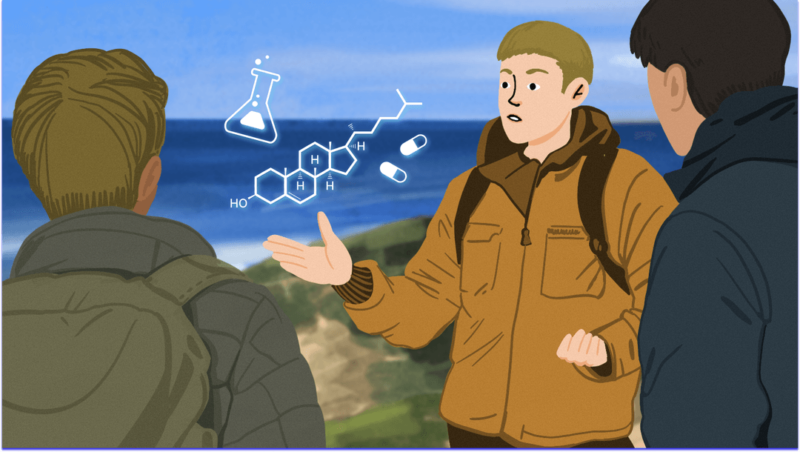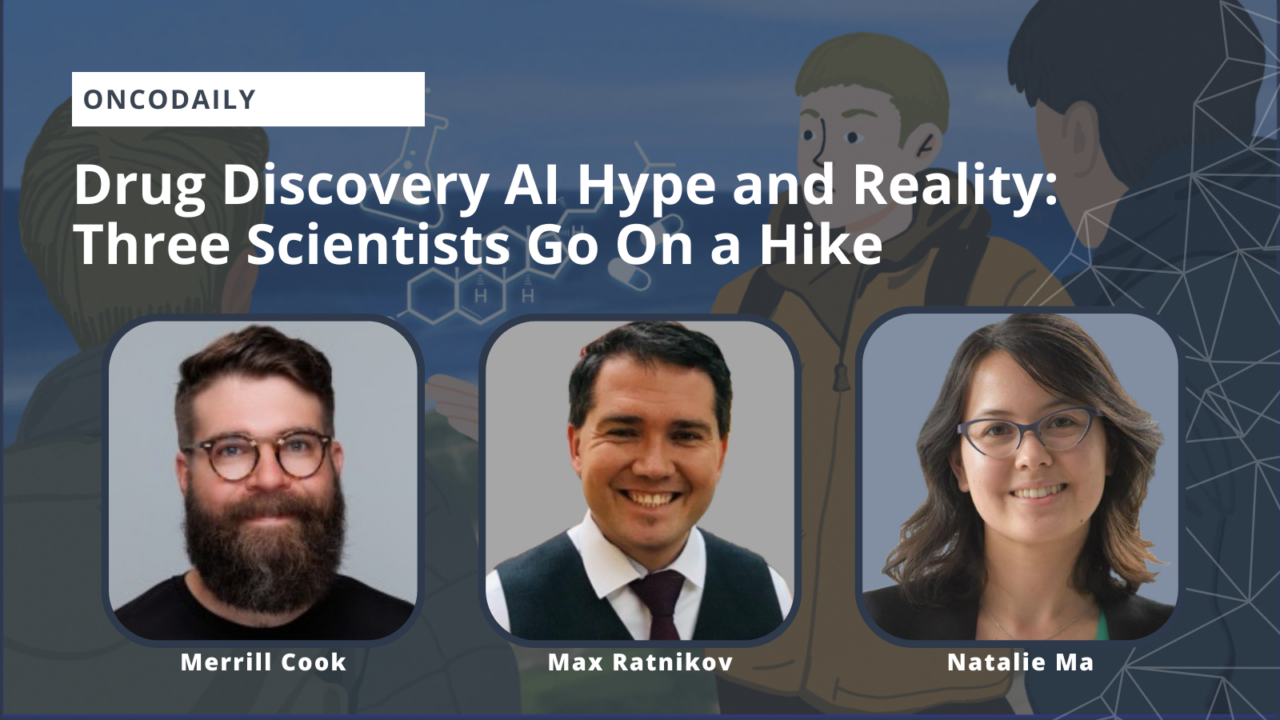Three chemists head on a hike and discuss the realistic short term effects of AI on drug discovery. What is overly hyped? What’s realistic? What are the risks and rewards of AI in drug discovery?
Deep Origin recently published an insightful article titled “Drug Discovery AI Hype and Reality: Three Scientists Go On a Hike,” authored by Max Ratnikov, Natalie Ma, and Merrill Cook.
Deep Origin is a biotechnology company that helps scientists solve disease, develop drugs, and extend healthspan by building tools that simplify R&D, simulate biology, and untangle the complexity of life.
Maxim Ratnikov is a medical chemist. He received his PhD in Chemistry from University of Maryland (Prof. Doyle) where he developed a passion for technology. He expanded his knowledge at Scripps Research Institute (Prof. Fokin and two-time Nobel Laureate Prof. Sharpless) and at Novartis (Dr. Alper).
Next Max worked at Novartis where he developed passion for drug discovery and developed clinical candidates including LXE408. After Novartis, Max built a state-of-the-art automated lab for drug discovery at Strateos and led drug discovery projects at Calibr. During his career he published >20 articles and patents with >2300 citations. Max develops AI products for Drug Discovery at Deep Origin.
Natalie Ma is the Head of Business Development at Deep Origin. She is also an Advisor at Pioneer Labs. Previously, she was Head Of Business Development at
Felix Biotechnology. She earned her PhD from Yale University.
Merrill Cook is a Marketing Director at Deep Origin. He is also Consultant at Humanly. Previously, he was a Consultant at Holistic AI. He was also a member at RevOps Co-op.

“So how much talk of AI in drug discovery is hype? There’s some, but widespread opportunity and growing acceptance of real results.
I recommend everyone to pay attention to this field. You might be missing out, just like Nokia on buttonless interfaces.
AI will not be able to exceed capabilities of tools and algorithms that it relies on and there is nothing magical about it. Physical laws set boundaries for us all. But in a world where the ability to solve critical problems is gated by deep knowledge that is difficult to find and methods that require extensive training to use, AI offers the potential to shortcut and make us all productive, faster.”
Find the full article here.


